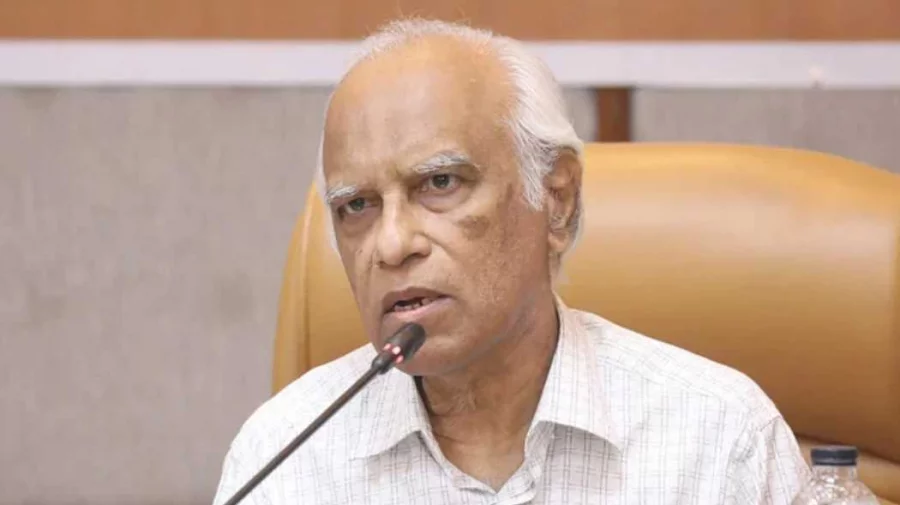News Flash

DHAKA, Oct 20, 2025 (BSS) - Planning Adviser Dr Wahiduddin Mahmud today laid emphasis on strengthening the independence, transparency, and credibility of official statistics produced by the Bangladesh Bureau of Statistics (BBS).
“The government is working based on recommendations from a report provided by Hossain Zillur Rahman, and some recommendations are now under implementation, including potential amendments to the Statistics Act 2013,” he said.
The adviser said this while speaking at a seminar marking the ‘World Statistics Day & National Statistics Day 2025’ at Bangladesh-China Friendship Conference Centre at Sher-e-Bangla Nagar in the city.
The Statistics and Informatics Division (SID) and the Bangladesh Bureau of Statistics (BBS), with cooperation from the United Nations Development Programme (UNDP), organised the event.
In his speech, Wahiduddin Mahmud said that BBS will be allowed to publish survey-based reports without approval from the higher officials.
“This autonomy is conditional on the BBS consulting and obtaining approval from relevant subject-specific expert committees before publication,” he added.
He mentioned that statistics related to GDP growth and inflation (price index and wage rates)—which historically often went up to ministerial or Prime Minister level for approval—will now be published directly by the BBS.
He cautioned that official statistics should not be politically influenced, even indirectly, by selectively publishing only data favorable to the government—a practice he described as a form of half-truth.
Dr Mahmud argued that citizens, especially those engaging with news media, require "statistical literacy" to understand the implications of commonly discussed metrics like inflation, GDP growth, and average life expectancy.
He noted that concepts like average life expectancy are statistically complex; for example, a child's probability of surviving dramatically increases after passing the vulnerable first five years.
The adviser urged a shift in focus for statistical data collection toward critical national realities, rather than solely catering to international development goals such as climate change or women's empowerment indicators.
He concluded by noting that, due to Bangladesh's history as a test case for development since its independence, the country has a wealth of data.
Dr Mahmud asserted that the reliability of Bangladesh's official statistics compares favorably to those of some neighboring nations.
SID Secretary Aleya Akter presided over the event while UNDP Bangladesh's Deputy Resident Representative Sonali Dayaratne was the guest of honour.
Special guests included Chief Adviser’s Special Assistant Professor Dr. Anisuzzaman Chowdhury and Executive Chairman of the Power and Participation Research Center (PPRC) Dr. Hossain Zillur Rahman.
The programme also featured a welcome address by Director General of the BBS Mohammad Mizanur Rahman and a keynote presentation delivered by Director of the BBS Kabir Uddin Ahammed.
Panel discussants included Director General of the Bangladesh Institute of Development Studies (BIDS) Professor A K Enamul Haque, President of the Bangladesh Statistical Association (BSA) Professor Dr. Syed Shahadat Hossain and Chairman of the Statistics Department at Dhaka University Professor Dr. Md. Zafar Ahmed Khan.
Globally, World Statistics Day is celebrated every five years since 2010, following a decision by the United Nations General Assembly. In Bangladesh, the day is celebrated with various programmes. Following government instructions, the National Statistics Day and World Statistics Day has been merged for the observance on October 20.
Day’s other activities included a rally organized at 8:30 AM, which started and finished at the Statistics Building. Other activities undertaken by the BBS included the organization of a national seminar, the publication of supplements and souvenirs, and discussion meetings.